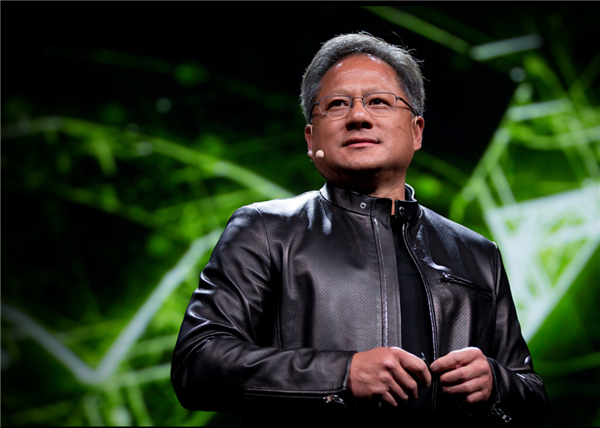April 8, 2025 – Apple Inc. is reportedly preparing a multifaceted strategy to counteract the financial impact of impending tariffs on its products, according to Bloomberg’s Mark Gurman. The company’s global manufacturing footprint faces fresh challenges as new tariffs threaten operations not only in China but also in countries where it has diversified production, including India, Vietnam, Malaysia, Thailand, Indonesia, and Ireland.
Tariffs ranging from 20% to 46% will target Apple’s key manufacturing hubs. India, a rising assembly hub for iPhones and AirPods, faces a 26% tariff, while Vietnam—a major producer of AirPods, iPads, Apple Watches, and Macs—could see a 46% increase. Other nations, such as Malaysia, Thailand, and Indonesia, are slated for tariffs between 20% and 37%, with Ireland also affected.

To mitigate these costs, Gurman suggests Apple will adopt a four-pronged approach. First, the company may pressure suppliers and manufacturing partners to reduce pricing. Second, Apple could absorb some of the increased expenses, eroding its typical 45% hardware profit margin.
The third strategy involves potential price adjustments for the iPhone, a move consumers are closely monitoring. Apple has previously raised prices in other markets due to tax policies, currency fluctuations, and inflation. “I expect Apple to seriously weigh iPhone price changes,” Gurman writes. “Consumers are already aware of these external factors, so they may not perceive it as Apple ‘gouging’.”
Finally, Apple is likely to accelerate its supply chain diversification. While relocating production to the U.S. remains impractical in the short term, the company may prioritize shipping from lower-tariff regions, such as increasing iPhone shipments from India over China.
Apple has already stockpiled months of inventory in the U.S. to delay potential price hikes until September’s iPhone 17 launch. This existing inventory will be exempt from the tariffs, which take effect on April 9.
Despite CEO Tim Cook’s efforts to cultivate relations with the Trump administration—including attending his inauguration and pledging $500 billion in U.S. investments over four years—Apple has yet to secure tariff exemptions.
For consumers eyeing iPhone purchases this fall, Gurman notes Apple may offer more aggressive trade-in incentives or installment plans to offset price increases. Alternatively, the company could revisit its hardware subscription model, previously under consideration.
Apple has not commented publicly on the tariffs or its plans but is undoubtedly assessing the financial implications behind the scenes.












